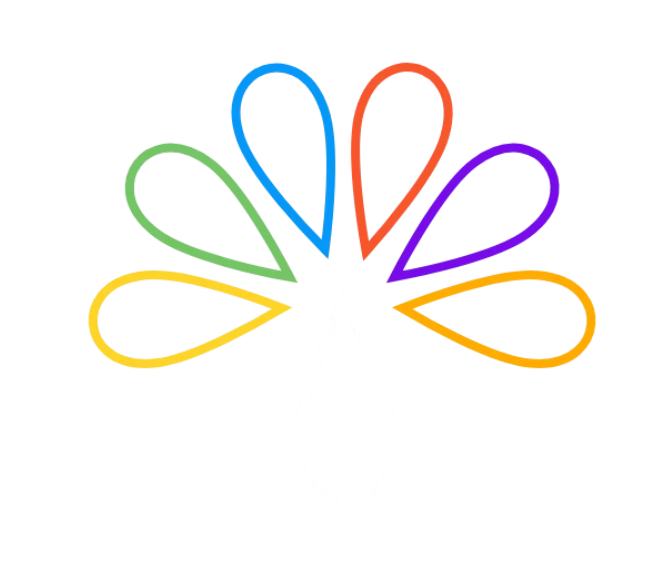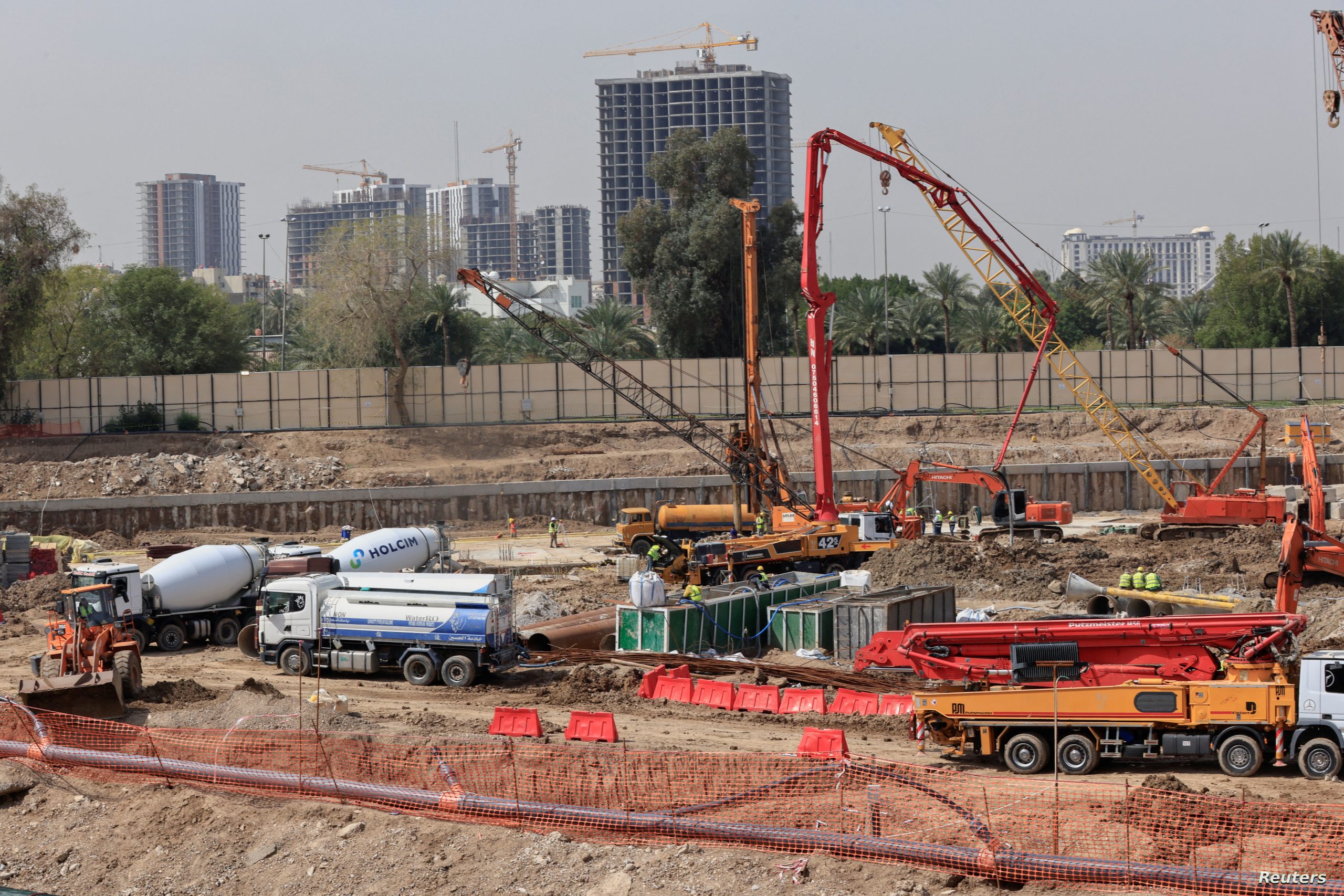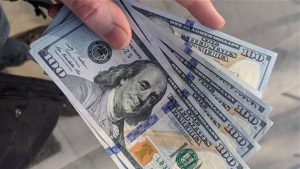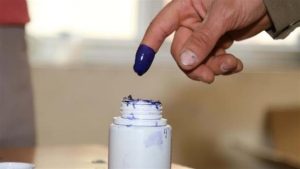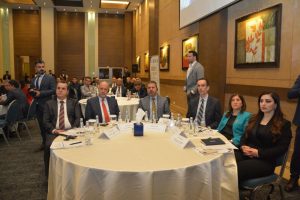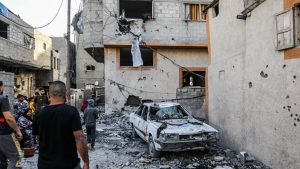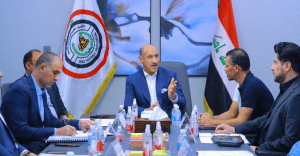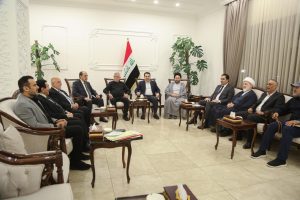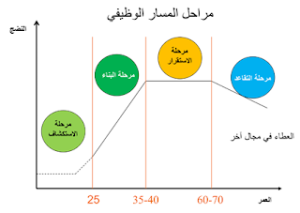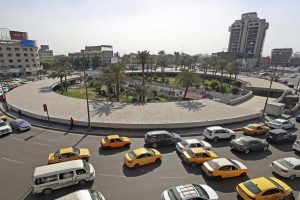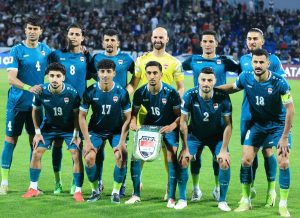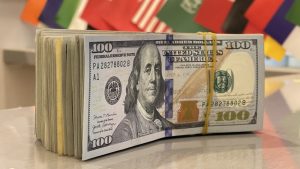In the Green Zone of Baghdad, a fortified area that remains unaffected by Iraq’s years of war, the finishing touches are being made to the luxurious Rixos Hotel, funded by Qatar, highlighting the increasing investment interest from Gulf countries.
Iraq’s Prime Minister, Mohammed Shia al-Sudani’s government hopes to host Gulf leaders and other delegations from the Middle East in the hotel’s 470 rooms and suites during the upcoming Arab League Summit next year.
The Iraqi government is aiming to attract more investments from the region to support an economy that has been severely affected by decades of war and instability, but which benefits from record oil revenues, fueling demand for consumer goods among a rapidly growing population estimated at least 43 million people.
Since the defeat of ISIS in 2017, Iraq has experienced relative calm, despite sporadic violence, including clashes between Shiite factions and recent attacks from Iran-allied groups.
Currently, Iraq’s biggest trading partners are China, Iran, and Turkey.
However, Gulf countries, which have had a complex relationship with Iraq, have pledged a series of investments as part of their efforts to build soft power in a country where Iran has unparalleled influence through a strong network of allies. This has been partly achieved through a breakthrough in relations between Iran and Saudi Arabia.
Mutaz Al-Khayyat, Chairman of Qatar’s Investment Holding, which backs the Rixos project, stated that now is the right time to invest in Iraq, noting the Iraqi government’s ability to build major projects and attract international investors. He believes that Baghdad will be one of the most important Arab capitals in the next 25 years.
Gulf countries severed ties with Iraq after Saddam Hussein’s invasion of Kuwait in 1990, but Shiite factions allied with Iran gained dominance after Saddam’s removal in the U.S.-led intervention in 2003.
In 2014, then-Prime Minister Nouri al-Maliki accused Saudi Arabia and Qatar of inciting and funding ISIS fighters in Iraq, a claim both countries denied.
However, relations have been improving as Baghdad seeks to position itself as a mediator between competing regional powers. This was evident when Iraq hosted talks between Saudi Arabia and Iran in 2021 and 2022, paving the way for the historic normalization of ties between the two countries in March 2023.
Mahjoub Al-Zuwairi, Director of the Gulf Studies Center at Qatar University, said that Saudi Arabia, Qatar, and the UAE began enhancing economic relations with Iraq to distance Baghdad from Iran and bring it closer to the “Arab political environment.”
In May 2023, Saudi Arabia announced that it had allocated $3 billion for investment in Iraq through the Public Investment Fund, followed by the announcement of a multi-purpose project worth $1 billion, which includes offices, retail spaces, and over 6,000 residential units.
Qatar’s Emir visited Baghdad in June 2023, where his investment company signed memorandums of understanding worth $7 billion to develop two new residential cities, five-star hotels, and hospital management and operations deals.
Abdulaziz Al-Ghurair, Chairman of the Dubai Chamber of Commerce, stated that Iraq is a large country with enormous potential, and that it is likely that investors there recognize that their largest and best partner should be from the region.
Exports from Dubai Chamber members increased by nearly 96% in the first half of last year.
Gulf countries have also shown increasing interest in Iraq’s energy sector, a key area of Iranian influence, as Iran currently supplies Iraq with up to 40% of its energy needs.
Last year, Qatar acquired a 25% stake in a $27 billion deal led by France’s TotalEnergies to develop oil production and capture the gas that Iraq currently burns. Qatar’s Orbacon Holding also signed a $2.5 billion deal to develop two power plants with a total capacity of 2,400 MW.
UAE-based Crescent Petroleum signed three 20-year contracts in 2022 to develop natural gas fields in the southern provinces of Basra and Diyala. Saudi Arabia’s ACWA Power plans to build a 1,000 MW solar farm.
Iraq is also working on connecting its power grid with Kuwait, and in the future, with Saudi Arabia.
However, there are concerns about how Iran will respond to the growing presence of Gulf Arab countries in Iraq, especially as rising violence highlights the fragile stability in the country.
For over four months, Iraq has experienced near-daily rocket attacks carried out by Iran-backed militias targeting U.S. forces stationed to assist local troops in preventing the resurgence of ISIS.
In January, an Iranian ballistic missile strike in Iraqi Kurdistan killed a prominent businessman.
Moreover, many investors remain concerned about pervasive corruption and bureaucratic red tape, which make every procedure—from signing contracts to receiving payments—more difficult, placing significant importance on political connections and promises.
Al-Zuwairi expressed skepticism that foreign investments would improve both the political and economic situation in Iraq, citing corruption and political infighting as obstacles.
In September, Iraq’s Supreme Court ruled that a maritime border agreement with Kuwait was unconstitutional, a blow to the growing goodwill with Gulf Arab countries. The court’s decision is final, but the Gulf Cooperation Council called it void, and the Iraqi parliament may approve a new agreement, with talks already underway.
